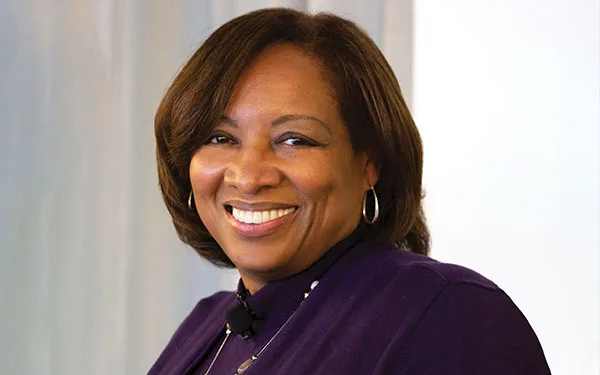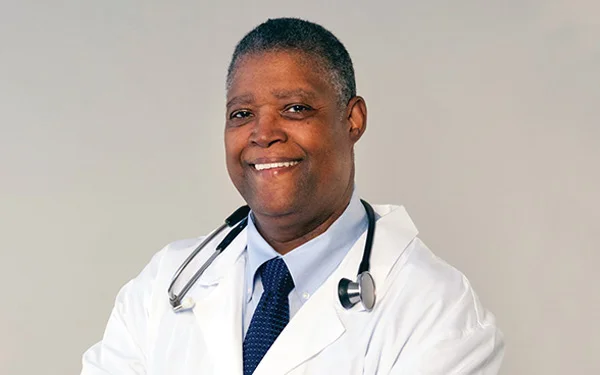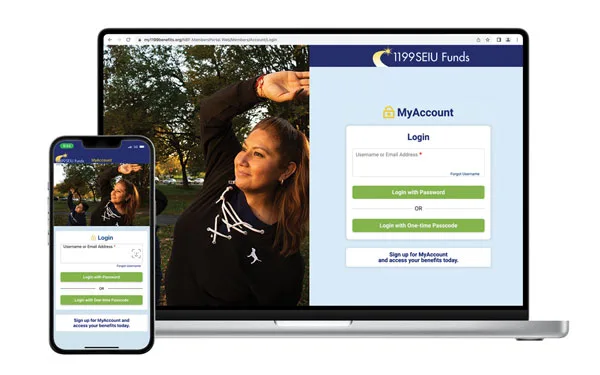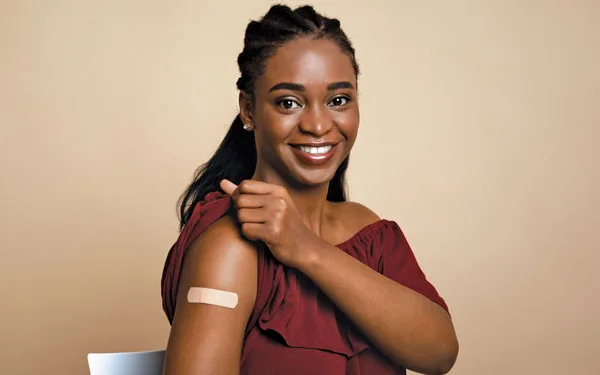Screenings save lives!

Self-care starts with an ounce of prevention
It may not be as flashy as some of the other ways you pamper yourself, but routine preventive screenings are a key component of self-care that belong at the top of your to-do list. And screenings work. Whether you get peace of mind or a head start on treating any issues, the truth is: You won’t know until you go.
Chief Medical Officer, Dr. Van H. Dunn, recommends the following screenings to help you maintain a healthier, fuller life. Check with your primary care physician to find out which screenings are right for you.
Schedule Your Screenings for the Year
These screenings are also an excellent way to check how well you are managing an already diagnosed condition. To get screened, visit your doctor or go to an 1199SEIU health fair at your worksite.
Your Benefit Fund’s Chief Medical Officer recommends that you follow these screening guidelines.
| Screening | Beginning at age | How often? |
|---|---|---|
| Physical Exam | All ages | At least every year |
| Eye Exam | Age 40+ | Every 2 to 4 years |
| Blood Pressure Screening | Age 18+ | At least every year |
|
Cholesterol*
|
Age 18+
If your initial test results were abnormal, or if you’re at higher risk of heart disease
|
Every 5 years As directed per your doctor |
|
Glucose/Blood Sugar Screening for Diabetes*
|
Age 45+ | With every annual checkup |
|
Bone Density (osteoporosis screening)
|
Women: age 65+, as well as younger postmenopausal women who have risk factors or who have had a fracture as an adult
Men: 65+
|
Women: Once, then as directed per your doctor
Men: Discuss with your doctor
|
Cancer Screenings †
| Age 45+ |
Colonoscopy every 10 years or Fecal occult blood test every year or Cologuard every 3 years
Ask your doctor which test is best for you.
|
|
| Cervical Cancer: PAP test |
Women age 21–65
|
Every 3 years
|
| Cervical Cancer: HPV and PAP test | Women age 30–65 | Every 5 years, or just Pap test every 3 years (If an HPV test is positive, screenings should be annual)†† |
| Breast Cancer: Clinical Breast Exam |
Women age 20+
|
At your regular checkup |
| Breast Cancer: Mammography | Women age 40+ | Every year |
| Prostate Cancer | Men: Discuss with your doctor | Discuss with your doctor |
| Lung Cancer | Current/former smokers within the past 15 years, age 50 to 80, who smoked 1 pack/day for 20 years or 2 packs/day for 10 years. | Annual |
* Talk to your doctor if you smoke; are overweight; have high blood pressure, diabetes or a history of gestational diabetes; have a family history of diabetes, heart disease or stroke; or are at risk for coronary artery disease.
Sources: American Academy of Family Physicians; American Cancer Society; U.S. Department of Health and Human Services
Women: Breast cancer support
If you have breast cancer, we’re here to support you every step of the way, from mammogram to cancer care. Your health benefits give you access to quality oncology care with many of the top cancer treatment centers in the New York metropolitan area, so you won’t have to go outside of your network for care.
We also provide coverage for:
- Reconstruction of the breast on which a mastectomy was performed;
- Surgery and reconstruction of the other breast to achieve a symmetrical appearance;
- Prostheses; and
- Treatment for physical complications associated with all stages of a mastectomy, including lymphedema.
These benefits are provided under the 1199SEIU National Benefit Fund for Health and Human Service Employees and the 1199SEIU Greater New York Benefit Fund. Coverage is subject to benefit rules, exclusions and limitations that may apply under the Plans, as permitted by law.
Men: Knowledge is power
Here’s the good news: Early detection of prostate cancer saves lives. Although prostate cancer is the second leading type of cancer among men, increased screenings and early treatment have led to improved outcomes. Guidelines suggest that if you are a 45- to 69-year-old man, with an average risk, you should discuss testing with your doctor.
You should also talk with your doctor about your medical and family history, which can help determine whether you should begin testing at an earlier age.
Prioritizing your health by getting screened for prostate cancer can give you peace of mind, or put you on the path to early treatment, which could make all the difference. So, discuss whether testing is right for you with your doctor.





















